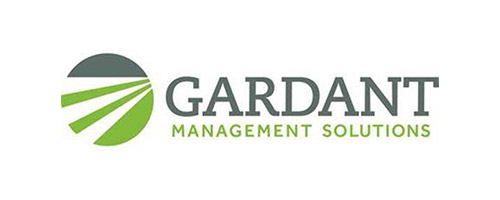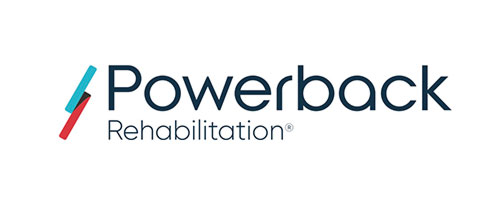[TRUSTWORTHY?] How new leaders build — or lose — trust over time: study
Some leaders — particularly minorities — may start with low levels of trust, but research from Olin Business School at Washington University in St. Louis shows they can quickly build followers' trust through transformational leadership and thus be effective.
The researchers found that employees' initial expectations for a new leader were an indicator of how trust levels would change over time. The higher the initial level of follower expectations, the greater the potential to experience a decline.
However, leaders who started with low or moderate levels of initial trust were more likely to experience a steep increase in trust over time. That's important because leaders who experienced increases in trust were, in turn, consistently rated more effective by their supervisors.
"Our findings depart from conventional wisdom, which seeks to maximize the level of trust in the leader from day one," said lead author Kurt Dirks, a professor of leadership at the business school. "Although having a high level of employee trust in a leader is associated with effectiveness, we found that it is even more effective to start at a moderate level of trust and increase to a high level over the first several months. This approach allows leaders to build a sustainable foundation of trust and create a sense of positive momentum."
The study also revealed a set of behaviors that were particularly effective at accelerating the development of trust. Leaders who engaged in behaviors referred to as transformational leadership, an ethics-based leadership style, experienced faster rates of trust development and were more trusted by their employees by the end of the study.
According to Dirks, transformational leaders are those who exemplify moral standards and foster an ethical work environment. They also encourage development of their employees and emphasize cooperation and open communication.
To read the study abstract, click here
Do you have news to share?
The ICAA welcomes your news submissions. Please send your press releases to colinmilner@icaa.cc-the ICAA's email for submissions-and staff will consider your news for possible publication. Newsworthy topics include such things as center/community openings; initiative or campaign launches; announcements of awards, promotions or grants; and other topics of interest to active-aging professionals.
Share



































